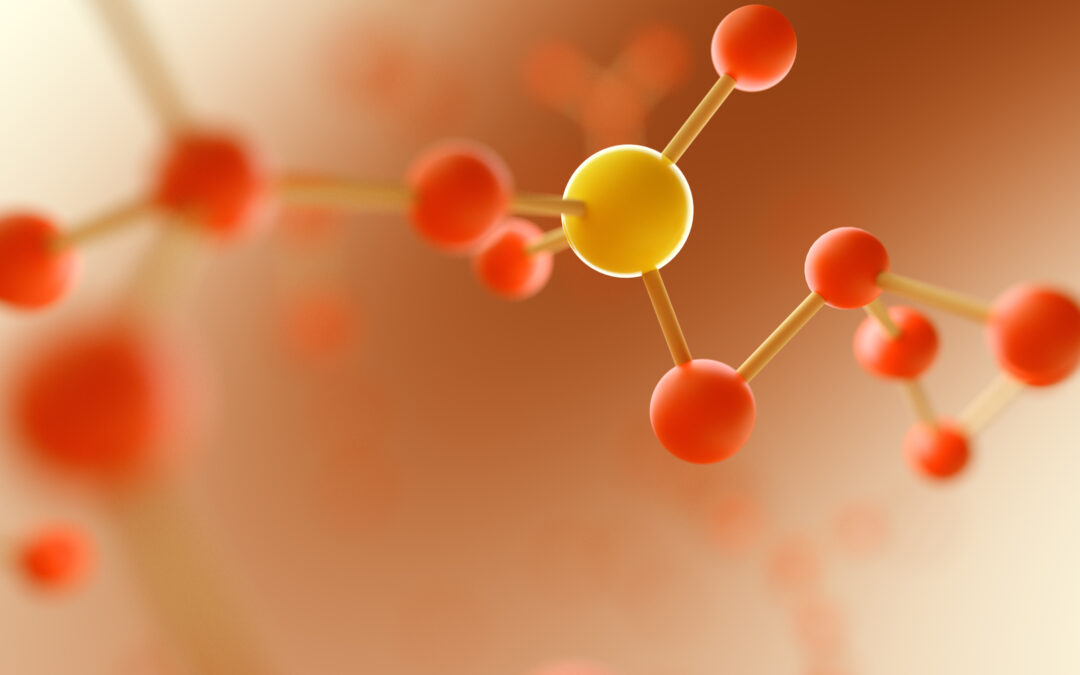Understanding Hormonal Havoc: PCOS, Thyroid Health, Testosterone Decline, and Adrenal Fatigue
A Comprehensive Guide to Four Common but Overlooked Hormonal Imbalances
Hormonal balance is a cornerstone of overall well-being. From reproductive health to metabolism, energy levels, and emotional stability, hormones act as messengers that regulate critical body functions. Yet, millions of people—especially women—suffer from hormonal imbalances that often go undiagnosed or are misinterpreted as mere stress, fatigue, or aging.
In this article, we explore four commonly interconnected but often misunderstood hormonal issues:
Polycystic Ovary Syndrome (PCOS), Thyroid Dysfunction, Testosterone Decline, and Adrenal Fatigue. We’ll uncover their signs, underlying mechanisms, and how they may be linked.
1. Polycystic Ovary Syndrome (PCOS): More Than Ovarian Cysts
What Is PCOS?
PCOS is a complex endocrine disorder affecting up to 10% of women of reproductive age globally [1]. It is characterized by irregular menstrual cycles, excessive androgen levels (male hormones), and polycystic ovaries seen via ultrasound.
Symptoms:
-
Irregular or absent periods
-
Weight gain or difficulty losing weight
-
Excess hair growth (hirsutism)
-
Acne or oily skin
-
Infertility
The Hormonal Imbalance
PCOS is primarily linked to insulin resistance and elevated androgens like testosterone. High insulin levels trigger the ovaries to produce more androgens, disrupting the normal ovulation process.
Research Insight
A 2020 review published in Endocrine Reviews highlights the significant overlap between PCOS and insulin resistance, even in lean women, indicating it’s not solely a weight-driven issue [2].
2. Thyroid Health: The Master Regulator
Why It Matters
The thyroid gland governs metabolism, energy production, and thermoregulation. Hypothyroidism (underactive thyroid) and hyperthyroidism (overactive thyroid) are two main dysfunctions, with hypothyroidism being far more prevalent, especially among women.
Symptoms of Hypothyroidism:
-
Fatigue and brain fog
-
Weight gain
-
Constipation
-
Depression
-
Cold intolerance
-
Thinning hair
Common Causes
The most common cause is Hashimoto’s thyroiditis, an autoimmune condition where the body attacks its own thyroid tissue. Other causes include iodine deficiency, stress, and certain medications.
Interconnection with PCOS
Research shows that women with PCOS are more likely to also experience hypothyroidism or autoimmune thyroiditis [3]. This overlap may amplify symptoms such as irregular cycles and infertility.
3. Testosterone Decline: Not Just a Male Problem
What Is Testosterone’s Role?
Although commonly associated with men, testosterone is crucial in women for libido, bone density, mood regulation, and muscle mass.
When It Declines:
In men, testosterone naturally declines by about 1% per year after age 30. In women, it often drops significantly during and after menopause or due to chronic stress and hormonal birth control.
Signs of Low Testosterone (in both sexes):
-
Low libido
-
Fatigue and poor recovery from exercise
-
Loss of muscle tone
-
Depressed mood
-
Cognitive issues
Clinical Insight
A study in The Journal of Clinical Endocrinology & Metabolism notes that age-related testosterone decline is associated with cardiovascular and metabolic risk in men, while in women, low testosterone may contribute to fatigue and diminished quality of life [4].
4. Adrenal Fatigue: The Controversial but Real Stress Response
What Is Adrenal Fatigue?
Though not officially recognized in conventional medicine, “adrenal fatigue” refers to the concept of the adrenal glands becoming depleted after prolonged stress exposure, leading to dysregulation in cortisol production.
Symptoms:
-
Low energy, especially in the morning
-
Salt and sugar cravings
-
Trouble sleeping
-
Feeling “wired but tired”
-
Frequent infections
Cortisol and the Hormonal Web
Chronic stress leads to elevated cortisol levels which, over time, can blunt the body’s ability to produce it properly. Cortisol imbalance also interferes with thyroid function, insulin sensitivity, and sex hormone balance.
Scientific Note
While the term “adrenal fatigue” may lack robust backing, HPA axis dysregulation (hypothalamic-pituitary-adrenal axis) is well documented. A 2016 review in BMC Endocrine Disorders supports the idea that chronic stress can significantly alter cortisol patterns and adrenal hormone rhythms [5].
How These Conditions Interconnect
These disorders don’t usually occur in isolation. Here’s how they’re linked:
| Condition | Related Impact |
|---|---|
| PCOS | Can worsen insulin resistance and stress levels |
| Hypothyroidism | May trigger or worsen adrenal fatigue and reduce testosterone |
| Testosterone Decline | Common in both thyroid dysfunction and chronic stress |
| Adrenal Fatigue | Disrupts sex hormones, thyroid, and insulin balance |
For example, a woman with PCOS may have insulin resistance, elevated cortisol, and undiagnosed hypothyroidism—leading to a vicious cycle of fatigue, weight gain, and mood swings.
What You Can Do: A Lifestyle-Centered Approach
-
Test, Don’t Guess
Get comprehensive bloodwork, including:
-
TSH, Free T3, Free T4, and thyroid antibodies
-
Total and Free Testosterone
-
DHEA and cortisol (AM/PM if possible)
-
Fasting insulin and glucose
-
LH and FSH (for reproductive assessment)
-
Adopt a Hormone-Supportive Diet
Focus on:
-
Whole foods rich in fiber, omega-3s, and antioxidants
-
High-quality protein to support muscle and hormonal repair
-
Minimize refined carbs and processed sugar
-
Balance Stress
Incorporate:
-
Breathwork or meditation
-
Gentle movement (e.g., yoga or walking)
-
Consistent sleep-wake cycles
-
Support Gut and Liver Health
A healthy gut and detox system are crucial for hormone clearance. Include prebiotics, probiotics, and cruciferous vegetables like broccoli and kale. -
Consider Functional Support
Under the guidance of a professional, adaptogens like ashwagandha or rhodiola, and nutrients like magnesium, selenium, and zinc may help rebalance stress and thyroid function.
Final Thoughts
Your hormones don’t operate in silos. PCOS, thyroid issues, testosterone imbalance, and adrenal stress often overlap—creating a web of symptoms that require a holistic, personalized approach.
By understanding the signs and seeking root-cause support, you can reclaim hormonal harmony, energy, and vitality at any stage of life.
Disclaimer: This article is for educational purposes only and does not substitute medical advice. Always consult a qualified healthcare provider before beginning any new treatment or diagnostic process.

